RIAC Digest - OCTOBER, 2015
Refugee and Migrant Crisis
Here is another edition of RIAC monthly digest of international publications. We have tried to gather up some interesting articles, briefs and longreads on European refugee (migrant) crisis. We made an effort to draw an overall picture and give some details. Below you will find a digest of ten publications issued by both small and large think tanks and research centers on migration crisis, Europe's borders and challenges to the European project.
RIAC Digest - October, 2015
Refugee and
Migrant crisis
Migrant crisis
Here is another edition of RIAC monthly digest of international publications. We have tried to gather up some interesting articles, briefs and longreads on European refugee (migrant) crisis. We made an effort to draw an overall picture and give some details. Below you will find a digest of ten publications issued by both small and large think tanks and research centers on migration crisis, Europe's borders and challenges to the European project.

The Roots of Europe's Refugee Crisis
To warm up this digest we offer you an article from Carnegie Europe. In this Q&A Carnegie experts trace the evolution of Europe's refugee crisis. They analyze how it is impacting political stability in the Middle East and Europe, and what leaders should do about it.
Some of the Q's addressed are:
• What's driving the refugee flows?
• How are the refugee flows changing the Middle East?
• How have countries in the Middle East and the broader international community responded to the crisis thus far?
• How are the refugees travelling to Europe? Is the flow going to abate any time soon?
• What kind of policy responses are needed now?
Answers on other related questions about crisis are given in the paper of the Council on Foreign Relations.
Some of the Q's addressed are:
• What's driving the refugee flows?
• How are the refugee flows changing the Middle East?
• How have countries in the Middle East and the broader international community responded to the crisis thus far?
• How are the refugees travelling to Europe? Is the flow going to abate any time soon?
• What kind of policy responses are needed now?
Answers on other related questions about crisis are given in the paper of the Council on Foreign Relations.
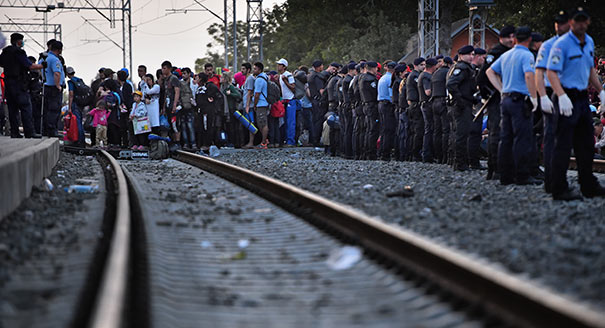


Some Statistics and Data
To get visual and comprehensive data about the crisis we suggest you review several resources. On this page of The United Nations High Commissioner for Refugees you can find main inter-agency information, different data and info graphics about Syrian refugees and related documents for download.
Migrants and refugees arrive via three primary routes. The relative significance of which has shifted throughout 2015. To find out trends on Central Mediterranean, Western Mediterranean and Western Balkans migratory routes we suggest reading a 36-page Frontex report. European Agency for the Management of Operational Cooperation at the External Borders of the Member States of the European Union (Frontex) publishes quarterly reports which provide overview of irregular migration at the EU external borders.
Migrants and refugees arrive via three primary routes. The relative significance of which has shifted throughout 2015. To find out trends on Central Mediterranean, Western Mediterranean and Western Balkans migratory routes we suggest reading a 36-page Frontex report. European Agency for the Management of Operational Cooperation at the External Borders of the Member States of the European Union (Frontex) publishes quarterly reports which provide overview of irregular migration at the EU external borders.

Lessons From Past and Present
While this refugee crisis is unique in many aspects, in the past we have witnessed numerous similar migration crises affecting Europe. Lessons from the past and urgent challenges are examined in Stratfor's brief analysis.
Also it may be useful to read Stratfor's attempt to draw conclusion from the Greek and migration crises about changes in decision-making process, structure and power balance in Europe.
Also it may be useful to read Stratfor's attempt to draw conclusion from the Greek and migration crises about changes in decision-making process, structure and power balance in Europe.
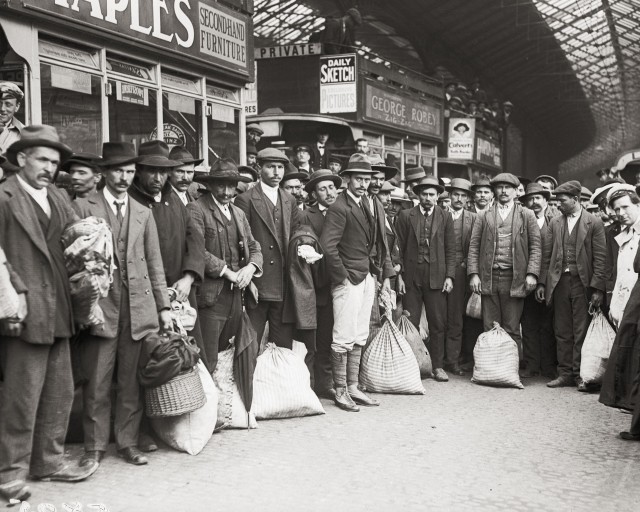

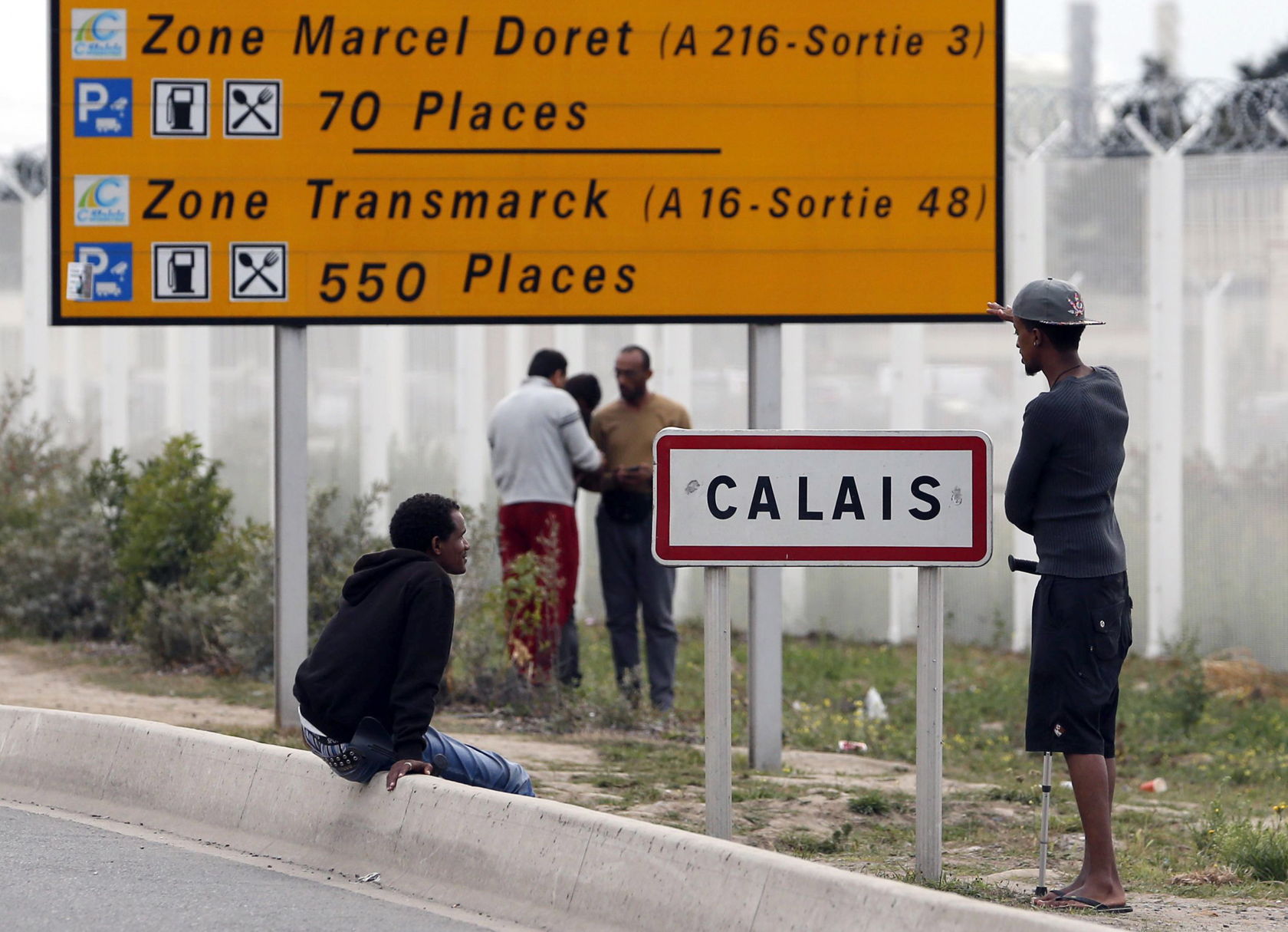
European system crises
Twenty-eight member-states of the European Union are facing the biggest wave of disorderly migration since World War II. And refugee crisis is casting shadows on such European core rules as Schengen agreement and Dublin Convention. Europe relies on Dublin system to control the movement of refugees around the EU. But now the system has more or less collapsed. Whilst there are alternatives to Dublin system that might reflect solidarity, there are few alternatives to the Schengen system that allow the same internal mobility throughout Europe. "What to do with the people who do make it across?" is answered by Daniel Trilling.
The Migration Policy Institute analyses dysfunctions of the common European Asylum System. From its article you may learn about a wide gap between the motives pushing migrants undertake dangerous journeys and a set of EU mechanisms and unequal responses to this phenomenon, guided by the political self-interests, opportunities and willingness. It raises conceptual, political, and practical questions about reaching consensus on future reforms.
The Migration Policy Institute analyses dysfunctions of the common European Asylum System. From its article you may learn about a wide gap between the motives pushing migrants undertake dangerous journeys and a set of EU mechanisms and unequal responses to this phenomenon, guided by the political self-interests, opportunities and willingness. It raises conceptual, political, and practical questions about reaching consensus on future reforms.

We're here for good: The challenges of integrating Syrian refugees
Syrian refugee crisis is changing not only Europe. That's why we suggest paying attention to a 24-page report released by the Center on the United States and Europe (CUSE) at Brookings. Brookings Senior Fellow Elizabeth Ferris and Brookings TÜSİAD Senior Fellow and CUSE Turkey Project Director Kemal Kirişci presented their new study, "Not Likely to Go Home", an examination of the challenges that Jordan, Lebanon, and Turkey face while providing protection and humanitarian assistance to Syrian refugees.
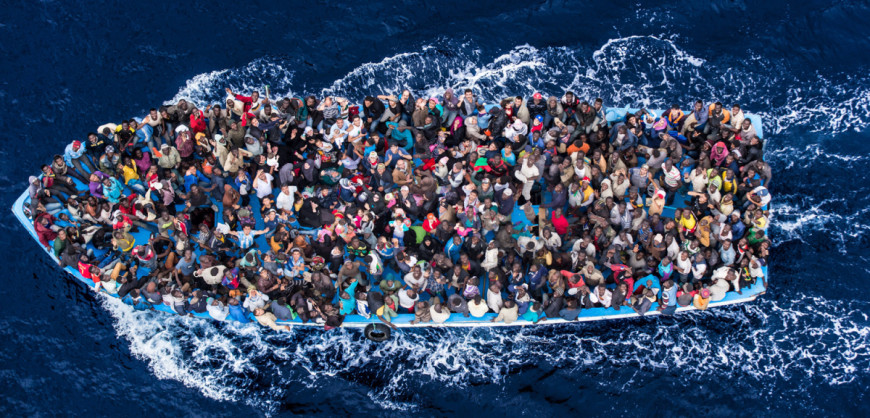



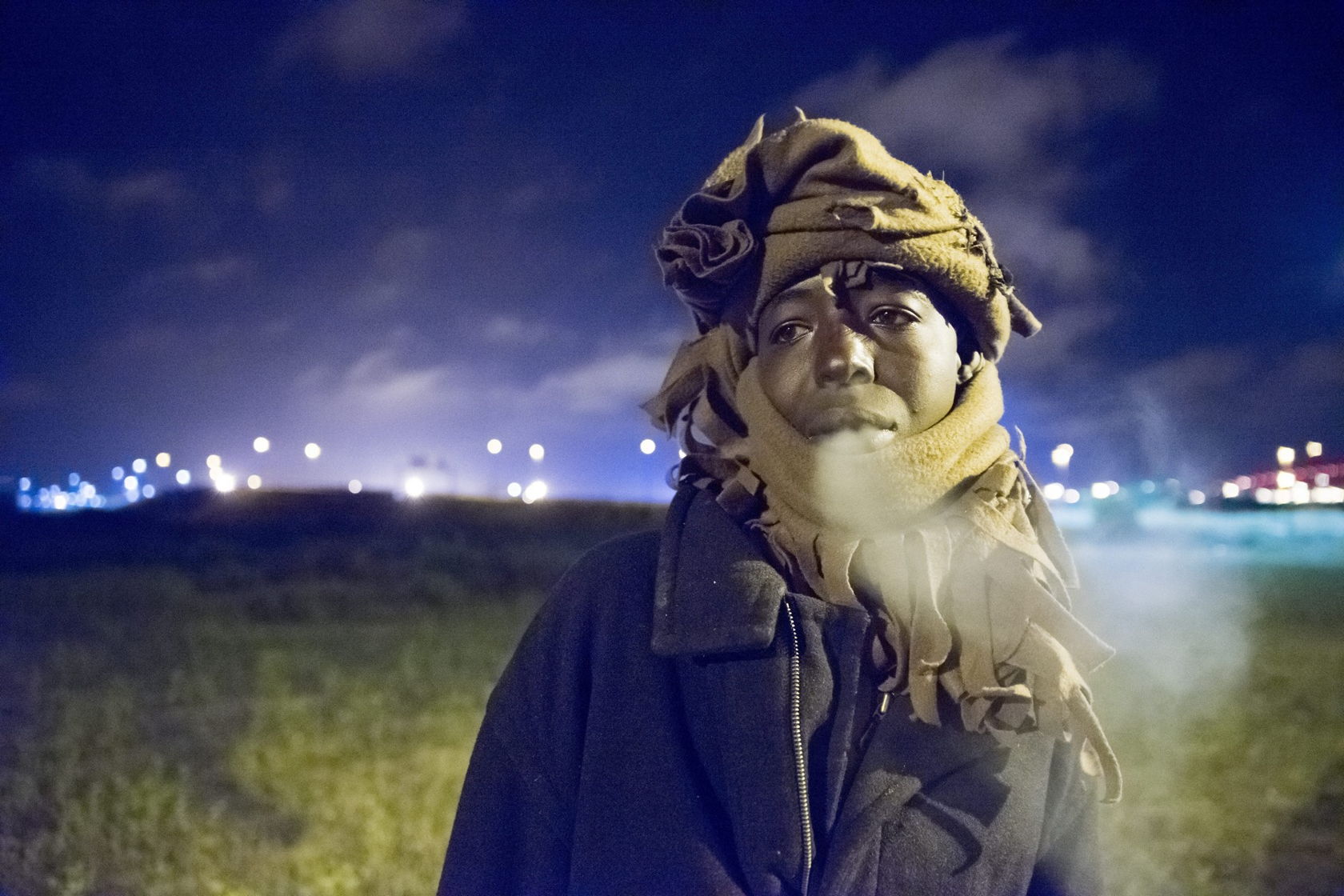
In addition
This material doesn't directly relate to the topic of this digest, but it is important for understanding reasons of future international migration trends. On 7 October 2015 World Bank and IMF released the Global Monitoring Report 2015/2016: Development Goals in an Era of Demographic Change. The report says that large-scale migration from poor countries to richer regions of the world will be a permanent feature of the global economy for decades to come resulting of major population shifts in countries. This shift reshapes economic development and, while posing challenges, offers a way out of extreme poverty and a path to shared prosperity if the right policies are pursued.

In conclusion
Let's have a look on alternative point of view of the roots of refugee crisis and measures to tackle it. In article "The Non-Existence of Norway" Slavoj Žižek writes that "refugees are the price we pay for a globalised economy in which commodities – but not people – are permitted to circulate freely. The idea of porous borders, of being inundated by foreigners, is imminent to global capitalism. The migrations in Europe are not unique". Žižek suggests redefining national sovereignty and crafting new methods of global co-operation and decision-making. Here's what he says: "When I was young, such an organized attempt at regulation was called communism. Maybe we should reinvent it. Maybe this is, in the long term, the only solution".
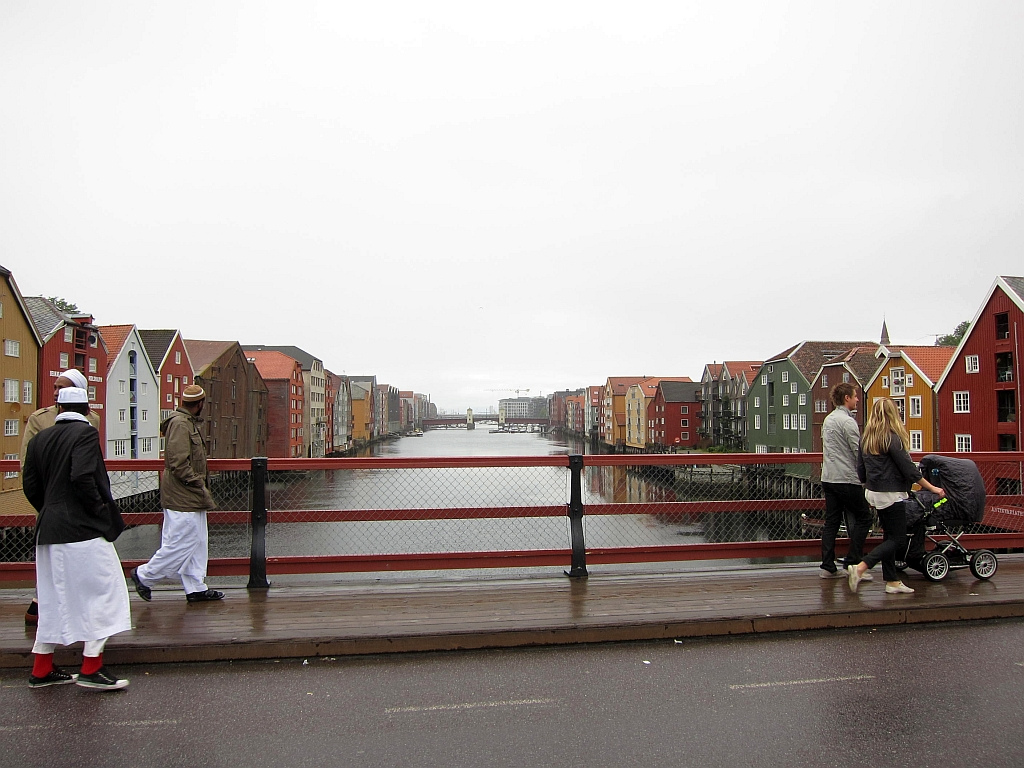

Produced by Olga Zhigulina, Maria Gurova and Dmitry Puminov
© 2015 Russian International Affairs Council
russiancouncil.ru twitter.com/russian_council facebook.com/russiancouncilen
© 2015 Russian International Affairs Council
russiancouncil.ru twitter.com/russian_council facebook.com/russiancouncilen
